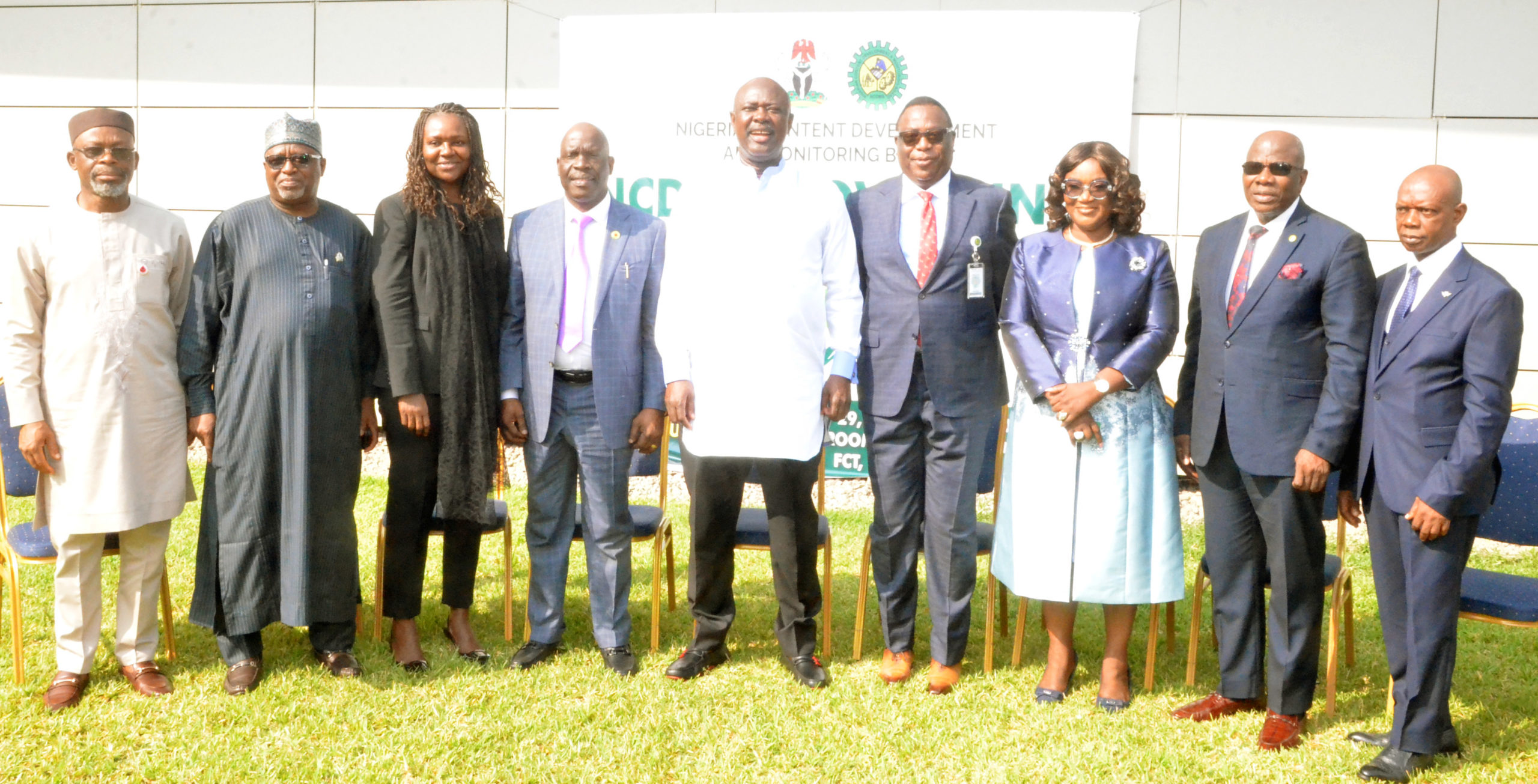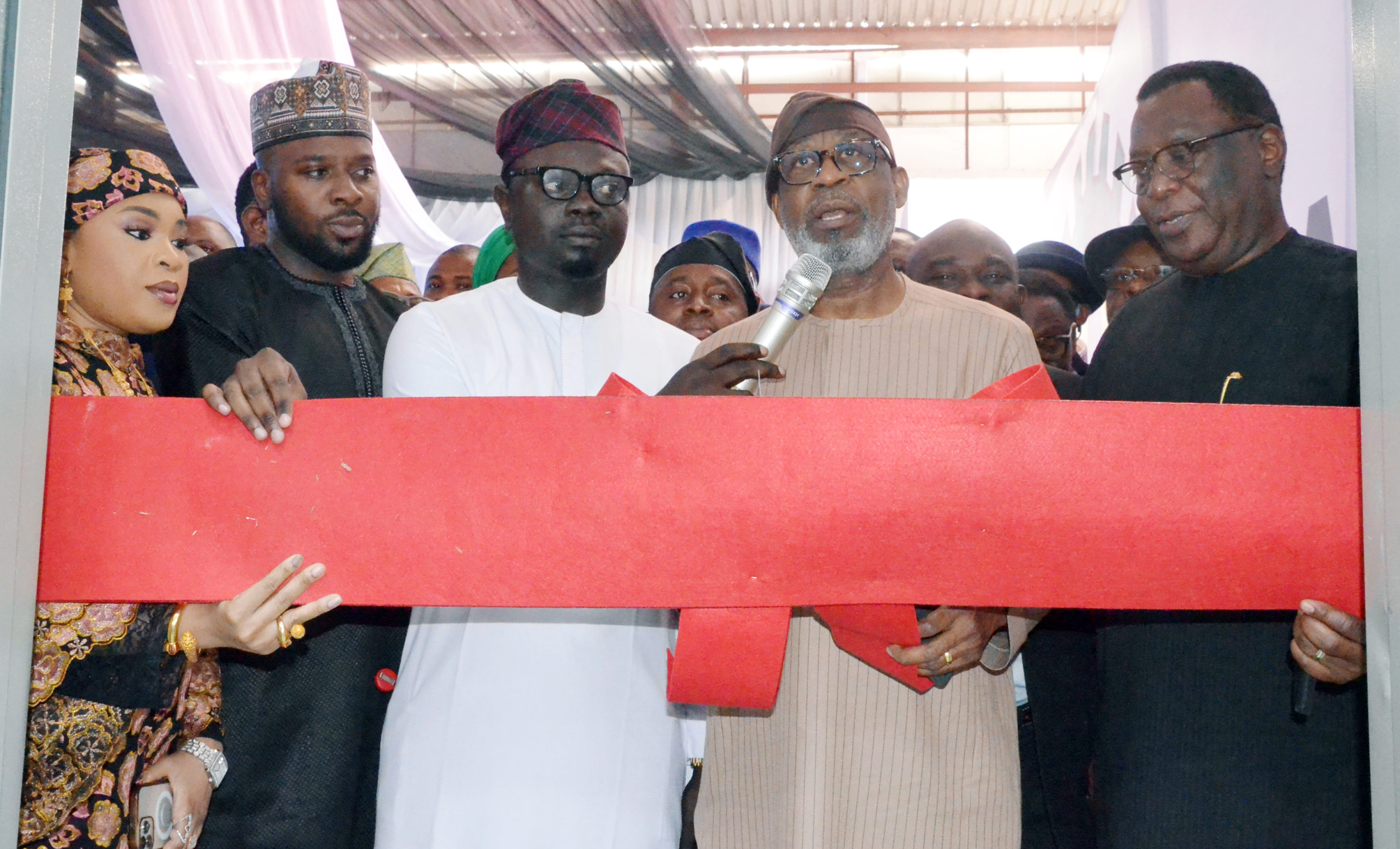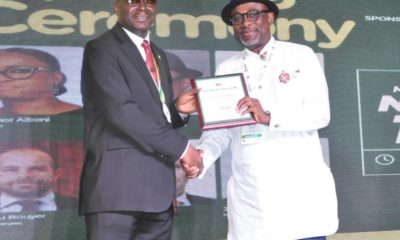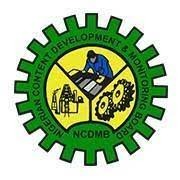NEWS
100 Youths Begin NCDMB/ITF Vocational Training
Hundred Nigerian youths have commenced training in the vocational skills programme sponsored by the Nigerian Content Development and Monitoring Board (NCDMB) and facilitated by the Industrial Training Fund (ITF).
The training covers eight skills areas, and they include Information and Communication Technology; Electrical/Electronic Technology; Industrial Automation and Mechatronics; Instrumentation and Process Control; Mechanical Services and Maintenance; Mobile Phone Repairs and Troubleshooting; Residential Air-Conditioning and Refrigeration Maintenance and Building Technology.
The programme would last for six months, and it is the second time the Board is collaborating with the ITF for the training of Nigerian youths. The first edition was concluded in 2021 and 254 youths were trained and equipped with tools and resources that should enable them to start their own enterprises.
The Executive Secretary of NCDMB, Engr. Simbi Kesiye Wabote spoke at the kick-off ceremony in Abuja on Monday and expressed delight that many participants from the first programme have started their own businesses, and some got formal employment to support the economy. The high level of success motivated the need to carry out the second batch of the training, he said.
Represented by the General Manager Capacity Building Division, Dr. Ama Ikuru, the Executive Secretary explained that the design of the training is to ensure that beneficiaries end up as successful artisans, entrepreneurs, and employers of labour, which is why emphasis will be placed on entrepreneurship and practical skills. “With our 60:20:20 training policy, we insist that at least 60 percent of our beneficiaries will have a clear line of sight to gainful employment and or are equipped to start their own businesses,” he added.
The beneficiaries were selected from the Board’s NOGIC-JQS platform, with representation from different zones of the country. Selection exercises were also organised for the trainees, involving tests and oral interviews in Abuja, Lagos and Port Harcourt.
Wabote stated that human capacity development is one of the key mandates of the Board and each year the agency trains over 2000 Nigerians in various skill areas, either through direct intervention or through the project-based training executed by contractors and operating companies.
He revealed that “over 3000 Nigerians benefitted from the Board’s sponsored or facilitated training programmes in 2021, and a higher number is expected in 2022 to cushion the effect of COVID 19 and the challenges being faced in the wider economy.” He added that the objective is that Nigeria will have adequate and competent human capacity to run the economy and achieve a high level of domiciliation and domestication of activities in key industries, including the oil and gas industry.
He confirmed that the Board’s human capacity training programmes have been aligned with the rapid advancement of technologies and the digitalization in the oil and gas industry and the Board will increase the number of training programmes in digital science, analytics, and digital coding.
He listed other areas of the Board’s capacity building interventions to include the renovation and upgrade of some technical and vocational education training schools (TVETS) across the country, with modern industrial equipment and strengthening engineering departments in selected tertiary institutions to ensure that their graduates are trained ready for the challenges of the modern industry.
In her remarks, the Director-General of ITF, Sir Joseph Ari commended NCDMB for its commitment to the empowerment of Nigerians and for collaborating with the institution. He submitted that “this kind of synergy is vital to actualize our respective mandates and effectively address most of the problems confronting the country, especially unemployment and poverty and their effects on national life.”
Represented by the Head Corporate Planning, Mrs. Yinka Shodunke, the Director-General suggested that Nigerians who are equipped with requisite skills will be better disposed to take advantage of numerous policies designed by the Federal Government to boost the economy and improve the standard of living of the citizens.
NEWS
I’ll Remain In Custody Until The Joke Is Over – Sowore Rejects Bail
Human rights activist, Omoyele Sowore has rejected the bail conditions set by the Nigeria Police Force (NPF) following his invitation for questioning over a viral video he posted, which highlighted alleged extortion by police officers on the Murtala Muhammed International Airport Access Road in Lagos.
In a post on his X account on Monday, Sowore stated, “I have rejected a bail condition asking me to present a level 17 Permanent Secretary. Instead, I have offered to remain in police custody pending when the joke is over with.”
This came after Sowore was informed by the Deputy Inspector General of Police at the Federal Intelligence Department (FID) that bail would be granted pending the completion of the investigation into the matter.
READ MORE: Lawmaker Introduces Bill To Allow Trump A Third Presidential Run
The police have charged Sowore with multiple offenses, including resisting and obstructing public officers, disobedience to lawful orders, acts intended to cause harm, cyberstalking, and refusal to assist public servants.
This follows his recording of a video in which he confronted officers allegedly setting up roadblocks for the purpose of soliciting bribes.
Sowore’s decision to reject the bail conditions stemmed from his refusal to accept terms that he deemed unreasonable and compromising.
“I have also advised the DIG that in accepting ‘bail,’ I will not agree to conditions that compromise my innocence, dignity, and integrity. If such unreasonable conditions are imposed, I will choose to remain in detention until I am charged to court,” he added.
Sowore further criticized the investigation, calling it an exercise in impunity and asserting that no crime had been defined in relation to his case.
Earlier, Sowore revealed that he had completed his “interview” with the police at the Force Intelligence Department (FID) in Abuja, where he was questioned about the viral video. “
The police relied on a rehashed set of information sourced mostly from the internet,” Sowore explained.
When he asked them to identify the location of the alleged crime, they provided a vague response, mentioning only the airport road. He chose not to provide a written statement, noting that in the absence of a defined crime, there was no need for such a process.
Sowore also reported that the police took a break during the session, later informing him that they were awaiting further instructions from higher authorities.
He expressed concern that the police were planning to take him to Lagos for a “kangaroo trial.” “It seems their plan is to detain me and take me to Lagos for a kangaroo trial. However, I am prepared to face any consequences,” he said.
In a direct challenge to the leadership of the Nigerian police, Sowore reiterated his stance against the current Inspector General of Police, Kayode Egbetokun, whom he accused of extending his tenure illegally.
“I made it clear to the team that the matter revolves around my publicly stated view that the Inspector-General of Police, Kayode Egbetokun, who is due for retirement and clearly tired, had his tenure extended illegally,” Sowore stated.
Despite the mounting pressure, Sowore remained resolute, asserting that his fight for justice would continue.
“We are entering a promising year, and our fight for justice will persist,” he concluded, with the hashtag #RevolutionNow, further solidifying his commitment to advocating for human rights and challenging the impunity within Nigeria’s police force.
NEWS
Sokoto Commences Payment Of N70,000 Minimum Wage
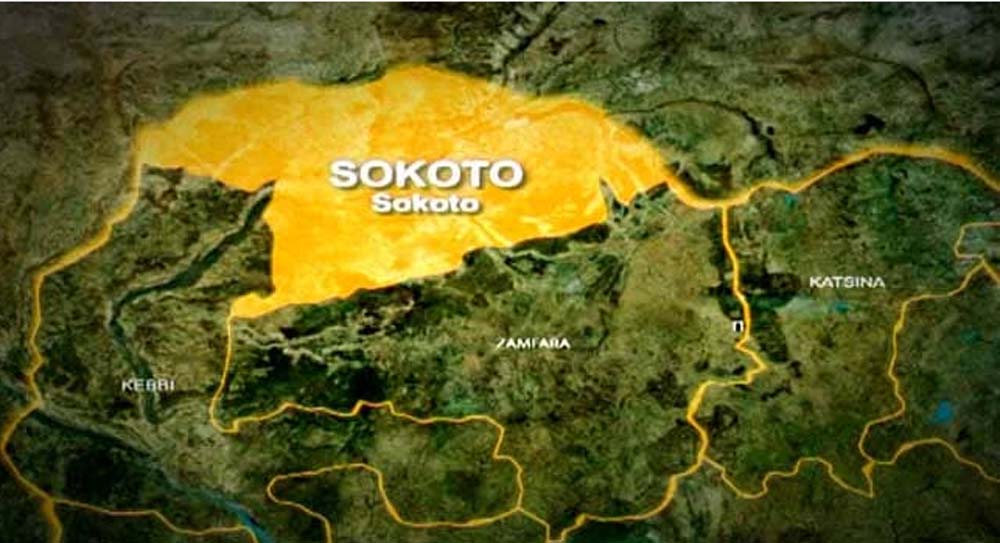
The Sokoto State Government, led by Governor Ahmed Aliyu, has announced the implementation of the revised N70,000 national minimum wage for all state civil servants, local government employees, and the Local Government Education Authority.
This new policy will take effect on Monday, signaling a significant step towards improving workers’ welfare in the state.
Governor Aliyu, in a statement issued by his Press Secretary, Abubakar Bawa, emphasized that the new minimum wage reflects his administration’s commitment to ensuring the well-being of Sokoto’s workforce.
READ MORE: Tinubu Urges Stakeholders To Join Forces To Restart Oil Production In Ogoniland
He also encouraged civil servants to match the gesture with greater dedication, professionalism, and hard work.
“With the commencement of the payment of this new national minimum wage, we expect renewed commitment, hard work, punctuality, and, above all, seriousness from our civil servants,” the governor remarked.
Aliyu also reassured workers that his administration is committed to maintaining timely salary payments, with salaries to be paid between the 19th and 22nd of each month.
This consistent schedule is designed to further solidify Sokoto State’s reputation as a worker-friendly administration.
In addition to the new wage policy, the governor has placed a high priority on clearing the backlog of unpaid gratuities owed to retired workers.
A total of N500 million will be allocated monthly to offset these outstanding payments, with an additional N300 million designated for retirees who left service in 2023 and beyond.
Governor Aliyu assured the public that by the end of his tenure, no civil servant would be left owing gratuities.
“This strategic approach ensures that by the end of my administration, no civil servant will be owed gratuities,” Aliyu stated, highlighting the stark contrast with previous administrations where salary delays often stretched beyond 50 days, leaving workers facing financial uncertainty.
NEWS
‘Corruption Fighting Back’ – Kano Anti-Corruption Boss Speaks On Arrest

Muhuyi Rimingado, the Chairman of the Kano State Public Complaints and Anti-Corruption Commission (PCACC), has accused a suspect under his agency’s investigation of orchestrating his recent arrest.
Rimingado, who was detained last week, described the incident as a direct consequence of his work in tackling corruption, asserting that “corruption is fighting back.”
Appearing as a guest on Channels Television’s The Morning Brief programme on Monday, Rimingado explained that the arrest was part of a larger attempt to undermine his efforts.
READ MORE: ‘I Won’t Back Down On Exposing Corruption On JAMB,’ – Ex-Official Tells Court
“When you fight corruption, corruption will fight back. Anti-corruption fight (is) fair but corruption fight is dirty,” he said.
Rimingado revealed that three federal agencies had been mobilized against him, alleging that “there are lots of activities going around targeted against my person.”
He connected the arrest to an investigation into a massive fraud case involving the former Managing Director of the Kano Agricultural Supply Company Limited (KASCO).
According to Rimingado, his commission uncovered that N4 billion of Kano State Government funds had been siphoned through various entities.
As part of the investigation, his commission seized assets linked to the crime in accordance with legal procedures. After charging the accused to court, Rimingado said the suspect sought to unlawfully seize the evidence.
“He came up with a series of tactics to snatch away the exhibit of the crime, and that is not allowed in law,” he explained.
To prevent tampering, Rimingado’s commission moved the seized property to a safer location.
He believes that this action prompted the police to arrest him, stating, “When they cannot wait for the court processes and they know they cannot succeed in that case, they now activate the police to arrest me.”
The police officers who detained him accused him of abuse of power, mischief, and trespass, charges Rimingado vehemently denied. “My commission is empowered by law to prosecute suspects of corrupt practices,” he stated.
As of now, the police have not issued any comment on the ongoing developments.

